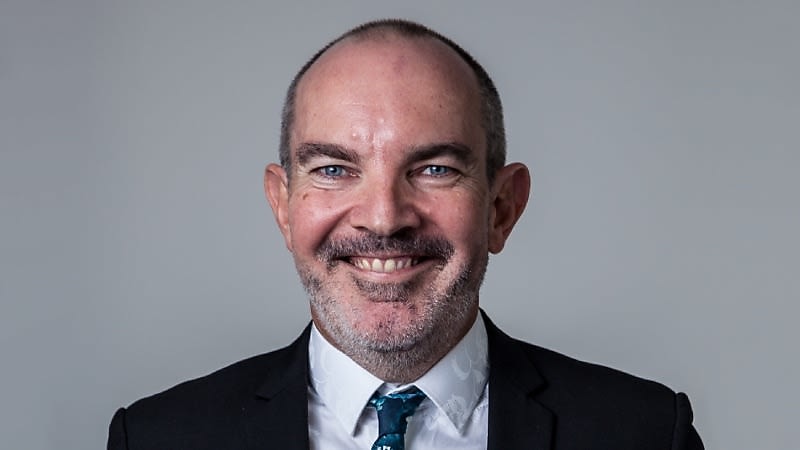There’s no one-size fits all for capacity tests, warns legal expert
There are different tests for different forms of capacity of which advisers should be aware, says a legal expert.
Following an article last week on SMSF Adviser, a request was made for more information on what questions should be asked in regards to capacity.
Scott Hay-Bartlem, partner at Cooper Grace Ward and chair of the SMSFA, said the first thing that should be done by an adviser in regard to capacity is to seek advice from a specialist who understands the legal tests required.
“You should liaise with the other advisers who are working with the client as well because when it comes to evidence of capacity, that information is useful,” he said.
“You should also try to obtain background on the doctor’s relationship with the client, things such as what are their qualifications? Are they a GP or a specialist?
“These can be important in determining the type of capacity you are talking about. Sometimes if you are confirming there is capacity, you are talking to GP, if there isn’t capacity you may be dealing with a specialist, and that can be an important consideration for courts.”
Mr Hay-Bartlem said there are different capacity tests for different legal documents such as power of attorney or general capacity.
According to the Royal Australian College of General Practitioners, capacity is a legal concept and refers to a person’s ability to make their own decisions.
The RACGP states when a person lacks capacity they may require a substitute decision-maker to make those decisions for them.
It states there is a number of capacity testes including:
- Testamentary capacity – a person’s ability to make or change a valid will
- Capacity to manage legal and financial affairs
- Capacity to make lifestyle decisions, such as medical treatment and living arrangements
- Capacity to make a contract
- Capacity to get married
- Capacity to vote
- It states that, for example, “for testamentary capacity in the context of wills, the relative standard is that the person must be of sound mind, memory and understanding, whereas the laws regarding voting and marriage capacity is the ability to understand the nature and significance of the particular transaction or activity.”
Generally speaking, a person is said to have capacity if they understand the information relevant to the decision, and the effect of the decision.
For a GP to test capacity, the patient must be able to retain information to the extent necessary to make the decision, they can use or weigh that information as part of the process of making the decision, and they can communicate the decisions in some way which is not just by speech but might be gestures or other means.
Mr Hay-Bartlem said if an adviser needs to verify capacity in regard to power of attorney or a will, they need to specifically advise the doctor conducting the capacity test on the purpose of their request.
“If the capacity test is for something like a will, they need to explain to the doctor that the test is for that, which is around whether the client understands the general nature and effect of the will, the extent and value of the estate and also around understanding who they should be looking after,” he said.
“There should be nothing that prevents the client from making a rational decision such as cognitive deterioration such as delusions.
“Enduring power of attorney is different and works around what it allows an attorney to do. The capacity test should be around whether the client understands when the enduring power of attorney will start and that they can invoke or end it.”
The capacity test for Power of Attorney usually involves an assessment of someone’s decision-making capacity and uses both a detailed interview with the person and formal testing of their cognition – formal testing of their memory and thinking skills.
This testing is often conducted by a neuropsychologist and involves the administration of tasks that range from simple to complex. Tests predominantly involve asking the person questions and administering pencil and paper tasks.
A person’s performances on the various tests are interpreted, considering their age, education, gender, and cultural background.
Mr Hay-Bartlem said if a capacity test is required, it is essential that advisers do not just get a one-line response from a doctor that does not explain in detail the client’s health both physical and cognitive.
“There needs to any diagnosis that clients may have had, such as if they have been diagnosed with something specific, and it is useful also to be able to know what tests were applied,” he said.








